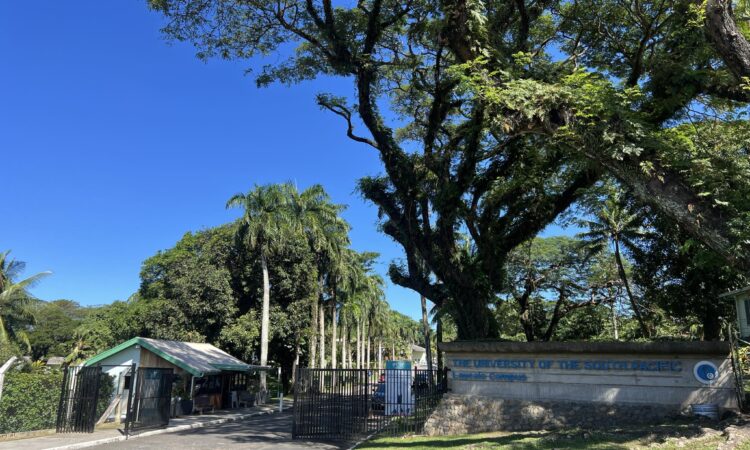The University of the South Pacific (USP) has been ranked in the 2024 Times Higher Education (THE) World Impact Rankings.
According to data released last week, USP ranked in the 601 – 800 range out of 1963 institutions that participated in the 2024 THE Impact Rankings, solidifying the university’s reputation as the premier institution in the region and reaffirming its commitment to the United Nation’s Sustainable Development Goals (SDGs).
The University of the South Pacific also maintained its position in five of the seven Sustainable Development Goals (SDGs), and they are;
- SDG 7: Affordable and Clean Energy (401 – 600)
- SDG 8: Decent Work and Economic Growth (301 – 400)
- SDG 13: Climate Action (401 – 600)
- SDG 14 Life below Water (201 – 300)
- SDG 16 Peace, Justice and Strong Institutions (201 – 300)
USP, envisioned by the Pacific leaders over five decades ago, has indeed become the region’s common good through which it addresses the region’s need for evolving development, education and research.
Achieving the relevant SDGs is vital for the progress of our university and the region, underpinned by our 2022-2024 Strategic Plan. It is also critical in the region’s collective efforts for global cooperation in achieving the SDGs, linking them to our 2050 Blue Pacific Strategy that strives to address our region’s medium and long-term challenges.
USP Vice-Chancellor and President Professor Pal Ahluwalia acknowledged the university’s ranking, stating
Professor Ahluwalia also stressed that the ranking shows the hard work and determination of the researchers and staff at the university in working towards achieving global recognition.
I’m eternally grateful and proud of the achievements of our staff and students. This is never a one-person job; it’s teamwork. It’s always about bringing the best of everybody together. I’m so proud of that.
Professor Ahluwalia
The Times Higher Education Impact Rankings are the only global performance tables that assess universities against the United Nations’ SDGs and are trusted worldwide by students, teachers, governments and industry experts.

